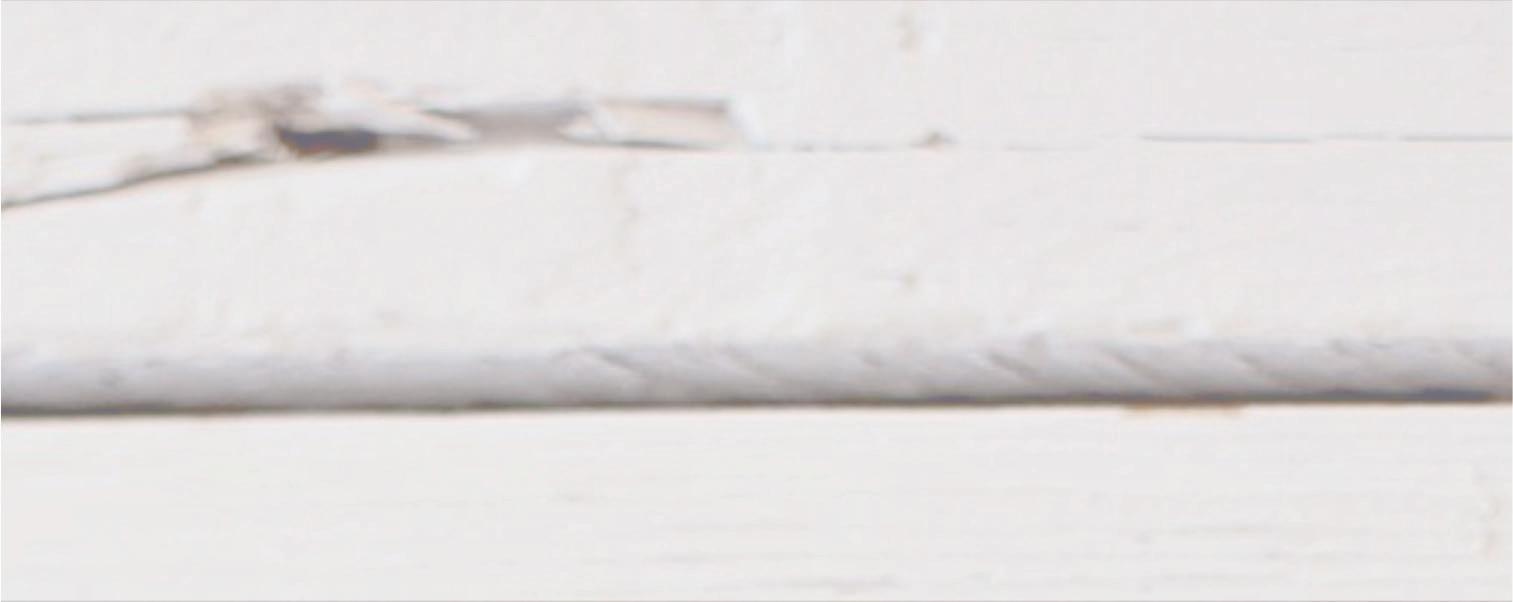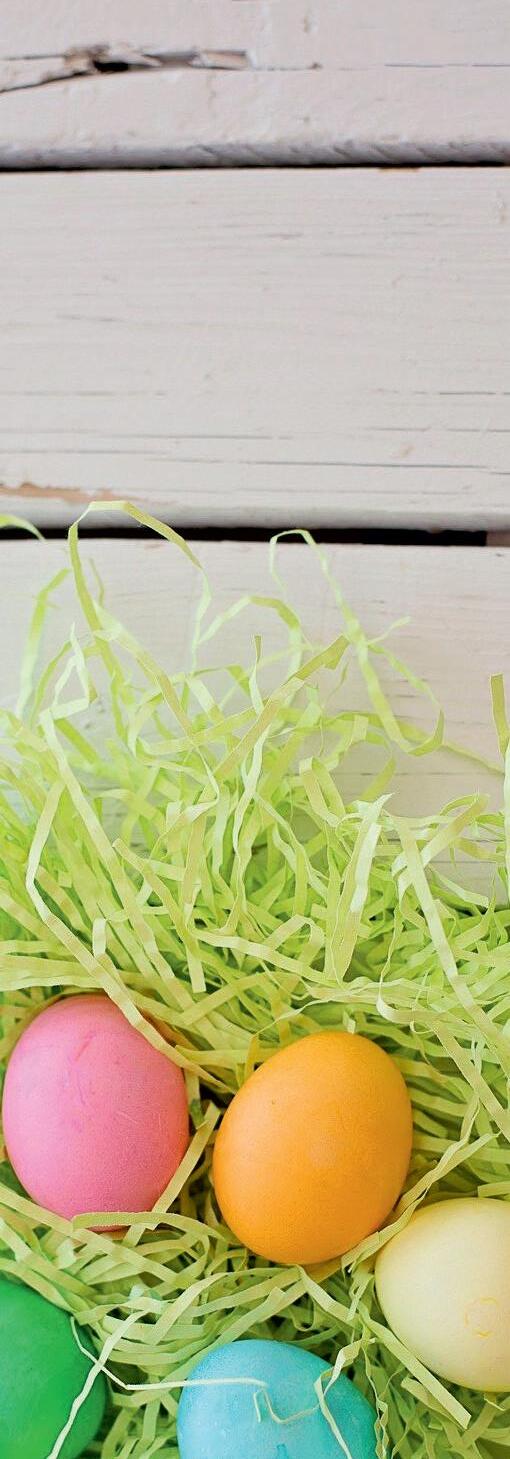
1 minute read
Passover Message Passover: What are today’s 10 plagues?


By Rabbi Irwin Huberman
No matter where you learned your biblical stories from, chances are, you remember the story of Passover and the 10 plagues: the bloodying of the Nile, followed by frogs, lice, flies, livestock pestilence, boils, hail, locusts, darkness and the killing of firstborn children.
Over time, rationalists, scientists and environmentalists have tried to explain the ancient plagues by linking them to natural phenomena, such as fallout from a Greek volcano, red algae or climate change.
Theologians have connected each plague to a physical Egyptian god: God of the Nile, God of the Sun, God of Medicine, etc.
But really, as we enter Passover 2023, perhaps we should be looking closer to home and the plagues that we face in our times.
The Torah instructs us to tell the story of freedom to our children. We eat matzah, and other yeast-less products to remind us of the Israelites’ hurried exit from Egypt.
But the Torah also stresses the importance of keeping our children engaged. It answers the central question often posed by a younger generation, and many adults — “Why are we here?”
Yes, it is important that we remember where we come from. Today’s Jewish people are descendants of slaves — all the more reason to be sensitive to the plight of others.
As we look at the world around us, we are reminded that there is much work to be done to assist God in repairing this broken world.
So, is Passover only about retelling the ancient story, or are there plaques to consider and address today?
Here are some modern plagues I am reflecting upon. More children die in the United States through guns than any other cause. This is a deadly affliction. Racism, anti-Semitism, human trafficking, poverty, hunger, homelessness, war, misuse of social media, and environmental degradation all qualify as contemporary plagues.
And as we reflect upon these modern afflictions, let us also consider some potential antidotes: Respecting others’ point of view; keeping our children safe; promoting coexistence, equality and peace; assisting those less fortunate and protecting the environment.
And so, as we enter this year’s Passover season, let’s consider how we can combat these plagues and make the world a better place.
While the telling of the Passover story links us with ancient events, it is also important to apply these teachings to today’s troubled world. We can do so through our contributions, our vote and our volunteer commitments.
Let us, therefore, link events that occurred thousands of years ago with the timeless pursuit of Tikun Olam — the repair of the world. Let us make that ageless mission central to our upcoming Passover festival, as we gather family and friends to consider the true meaning of freedom.









